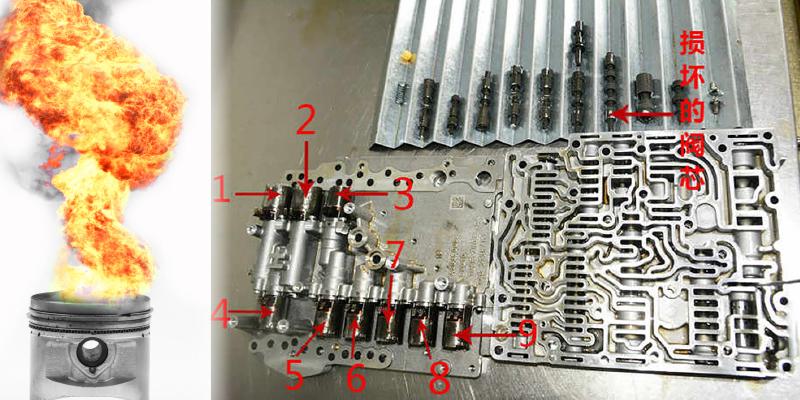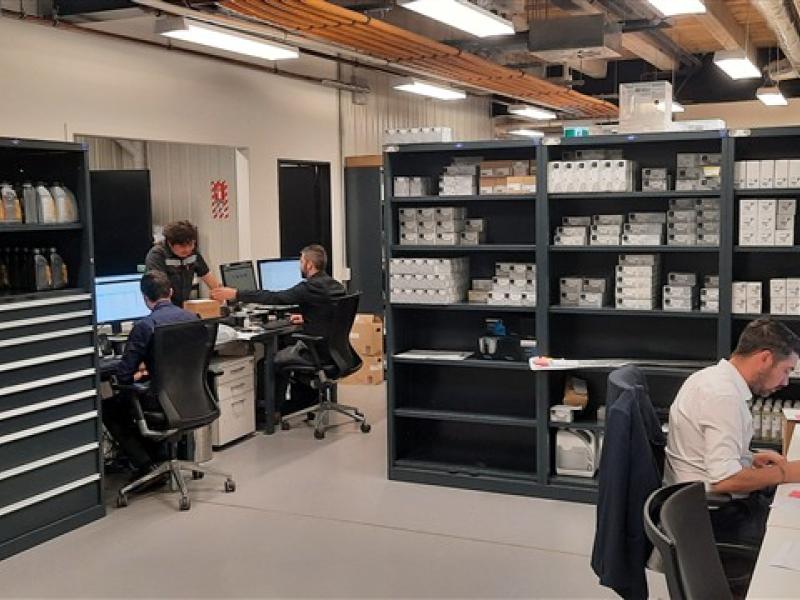The Mission: Just the other week I decided to “upgrade” my company car from my trusty VF Commodore station wagon for more high-tech features. As a qualified mechanic for 30 years and having worked with Launch diagnostics for the last 11 years I considered myself to be suitably qualified to choose the features I need and locate the make and model of car which normally was just the same make and model as the last, but a newer version. This time I decided to skip the Holden and head to Ford.
Reliability is of significant importance to car buyers, these days most buyers list reliability among one of the top qualities they look for when buying a car and most of these buyers are likely to buy the same brand again if they experience no issues with their car. Some brand loyalists can stick with a brand even after experiencing multiple failure issues, but this type of loyalty cannot be assured with the next generation of car buyers and users.
As the motor car becomes less motor and more electronic the focus on issues of breakdowns on the motorway, or in your driveway become less concerning, comfort, safety and emissions systems have increased in importance and as they get “smarter” so reliability comes back into question. Automotive developers and designers are now in a rapid change environment as are for most technology driven manufacturers. This can be an exciting time as the ability to build almost any feature you dream of into mobile transport solutions is now a reality
The world is changing and so are cars and their use, most people know autonomous cars are in final testing before production begins, Electric cars are now being offered on the “market”. Investment in high tech cars is strong and are still considered our second biggest asset next to home ownership. The strong desire of owning your own car is still high, driven by the status of having the latest automotive design masterpiece. This alone keeps Automotive manufacturers competing with each other for market share.
The Decision: Ford Mondeo Titanium Turbo Diesel DCT Automatic!
Because the devaluation on a “new car” was always greater than a second-hand car, we decided to check out a low mileage ex lease car. Obviously trying to hit the sweet spot of a reliable low mileage nearly new car at the right price was the mission. Test drove well, scanned with a couple of minor issues (which I waved as I can use fixing these for training). A couple of minor dents to remove and it was serviced by a Ford dealer recently. Only 43,000 Km on the clock. I thought “Sweet I’m all good!” A deposit was made at the lease car sales company which offered a “no frills” approach to car sales. Which was fine for a hardened mechanic/tech like me!
The Realisation: After I decided to research the new car purchase for all the 100 plus new technology features including new ADAS safety and emission standards for diesel turbo common rail engines. Then I got on to the transmission details and I was a little concerned, I didn’t realise it was a DSG! I quickly picked up the phone and called some transmission experts I know and a major supplier of transmission parts. The response was less than favourable. Basically, told to run a mile. I called a reputable Ford dealer and spoke at length with the service manager and called another DSG expert. After 24 hours I had become well informed and ended up with several concerns on the reliability of this car even before I had even picked it up! I went back to the lease sales yard and after 30 minutes of having a “civil discussion” with the manager, I agreed to buy a warranty for an additional cost. On top of this we also will be servicing the transmission before it gets to 60 thousand km on the clock. Retail for this is $800. However, the savings you get from a DSG diesel turbo outweigh the additional cost of maintenance.
The Discovery: 60 thousand km is the standard service time for this kind of transmission. I also found out that most of the major issues was the older “dry clutch” DSG and basically the wet clutch versions need greater frequency on scheduled servicing with the correct manufacturer’s specified parts, filters and Ford factory approved graded transmission fluid. As a mechanic and heavily involved in the automotive diagnostic industry, I now want to assess and gain hands-on experience with this type of transmission. A positive so far is this is amongst the top ten of the smoothest cars and quiet turbo diesels I have driven.
So how does the Ford Powershift automatic transmission work?
The Powershift transmission is part of a growing number of various types of dual-clutch transmissions that will be fitted to more than half of all European cars by end of 2020. These transmissions are favoured for their smoother shifting, improved efficiency and quicker response, than the torque converter style automatic transmissions. It’s because of this popularity that it’s increasingly useful to know what kind of faults you’re likely to see in these transmissions, and the symptoms they produce. After all, I bought one and there’s a growing chance you might have one in your current, or next car.
A typical automatic transmission has a series of “wet clutches” that are activated in certain combinations to achieve the desired ratios. Most of us know a manual transmission has one dry clutch and a combination of various metal gears that engage to change the engine rpm to out-put ratios. Dual clutch transmissions like the Powershift are a combination of these two.
A pair of clutches are used together, with one clutch being responsible for the odd-numbered gears and the other one for the even-numbered gears. These clutches are controlled by the transmission control unit, rather than a foot-powered clutch pedal. The clever thing is the intelligence is built into the transmission, to select the optimum gear ratios at any time and optimise power efficiency.
This hybrid of transmission designs allows for the increased efficiency of a manual transmission, the ease of use and driving comfort of an automatic transmission, as well as quicker, smoother shifting over a regular automatic transmission.
So, after this experience I realise that the automotive technology evolution is much faster than any of us can keep up with. General training will not keep you ahead of the technology curve. The automotive industry is one of the fastest changing tech sectors and in most cases, most of us are not paid to learn these technology advancements on time. Ongoing research and specialist training are required to keep in touch with endless automotive advancements.
The Lesson: Always research the latest technology on offer, the benefits and the possible issues regardless of how expert you think you are!
By Vince Ainsworth, Director OF Quantum Mechanics Ltd and LaunchNZ.
Contact: Launch Tech NZ
Phone: 0508 42 88 66, Email: support@launchnz.co.nz
For Launch sales, support and repairs.
Quick contact Vince Phone: 021 241 4885.






